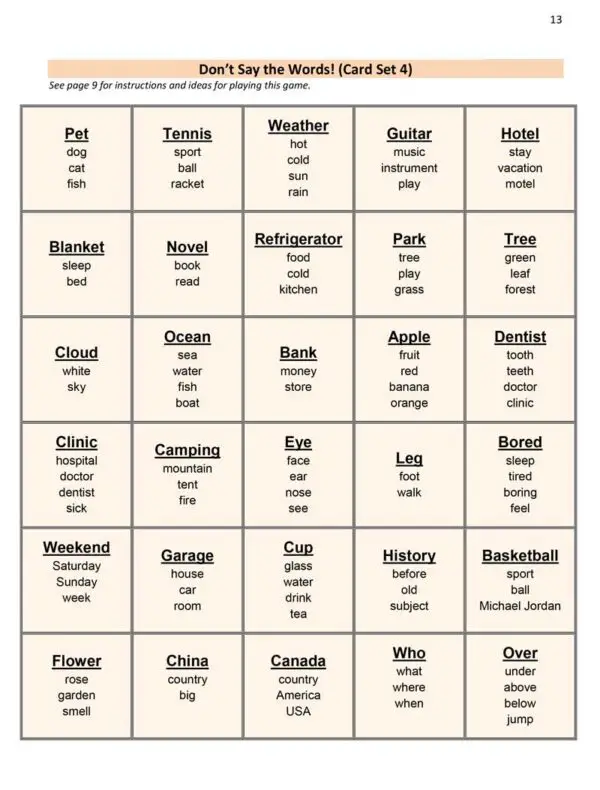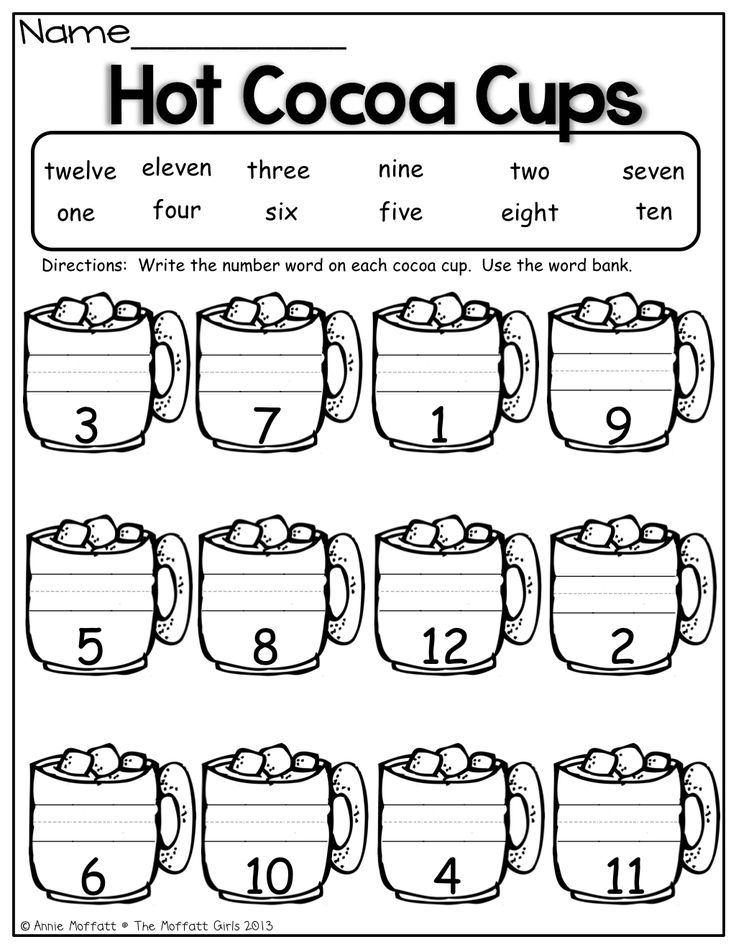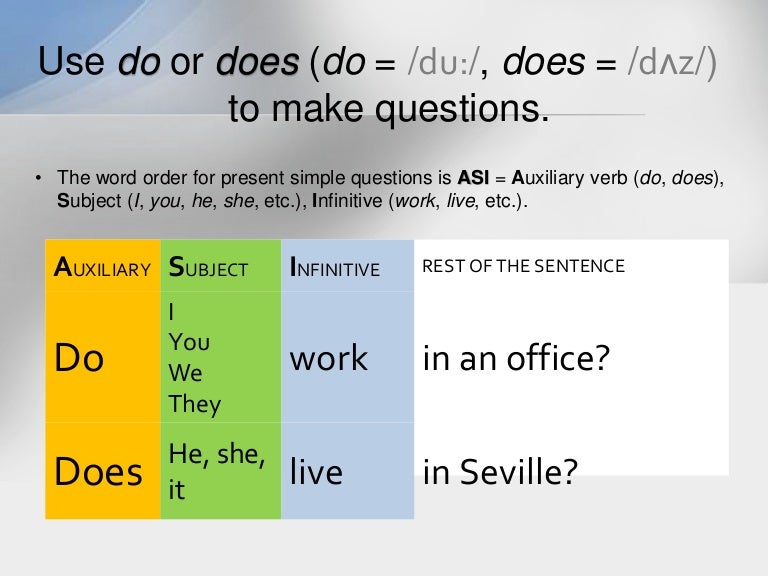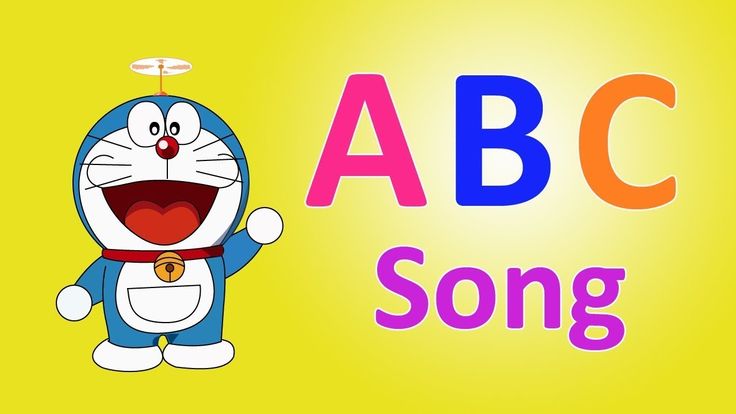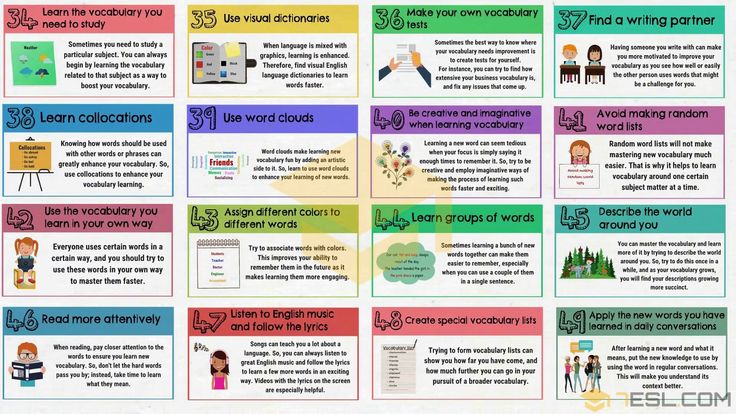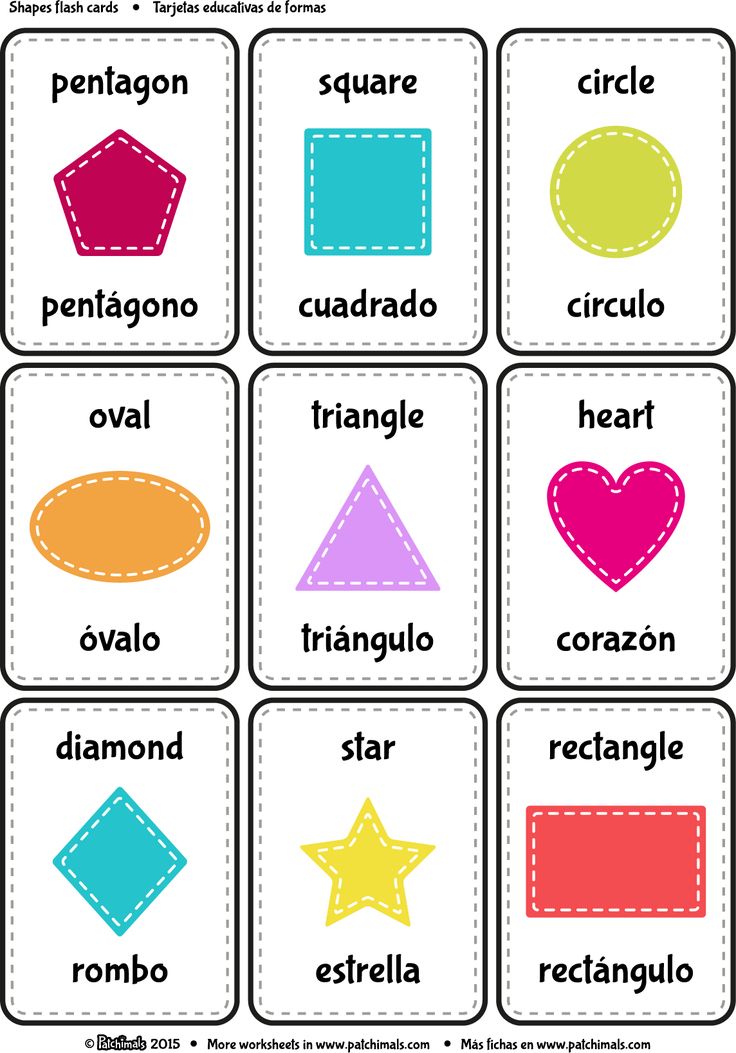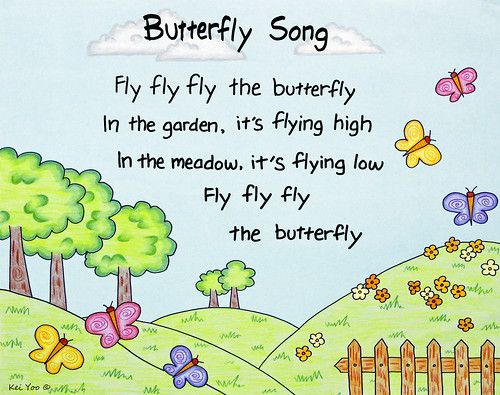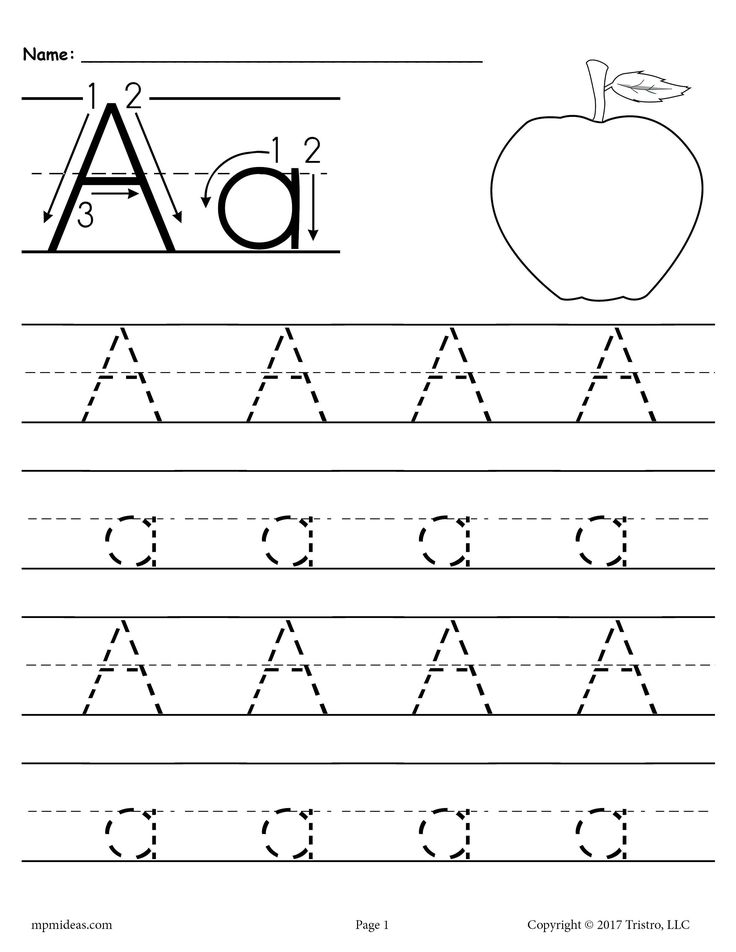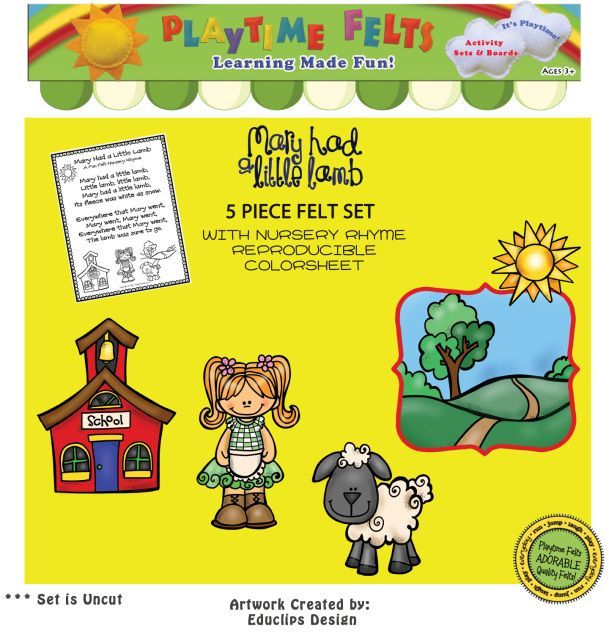Word game in english
Fun Vocabulary Games & Activities in English: #1 List in 2023
Updated: July 25, 2022
You found our list of fun and simple vocabulary games for adults.
Vocabulary games are activities that include language and wordplay. Example games include Word Association and Hang Man. Players can enjoy vocabulary games in person or online. The purpose of these games is to strengthen vocabulary skills. These games are also known as “vocab games”, “letter games” and “vocabulary building games.”
These games make great online classroom activities and communication games, and can be used as online fun activities for employees.
This list includes:
- vocabulary games for adults
- simple vocabulary word games for adults
- fun online vocabulary games and activities
- English vocabulary games
- vocabulary games in English
- games to improve vocabulary
- vocabulary building activities
- vocab review games
- vocabulary games for students
Get ready to play!
List of vocabulary games
From Pictionary to word scrambles to synonym memory, here is a list of fun word games to play in classrooms, at parties, or during meetings.
1. Vocabulary Pictionary
Pictionary is a game of charades where players draw words instead of acting them out.
To play:
- Split the group into teams.
- Each round, assign one team member to draw.
- Give the drawing team member a word.
- Allow up to sixty seconds for teammates to guess.
- If the team guesses correctly, then assign one point.
You can give other teams the opportunity to steal, or move onto the next team’s turn. The game is a great way to practice new vocabulary, as players connect the word with an image. Pictionary is a fun game for virtual parties or in-person affairs.
To play Pictionary online, draw on the whiteboard app feature on your online meeting software.
2. Word Association
Word Association is one of the best vocabulary games for kids and classrooms since playing does not require a large vocabulary. The rules are simple and easy to understand. Typically, the game involves two players.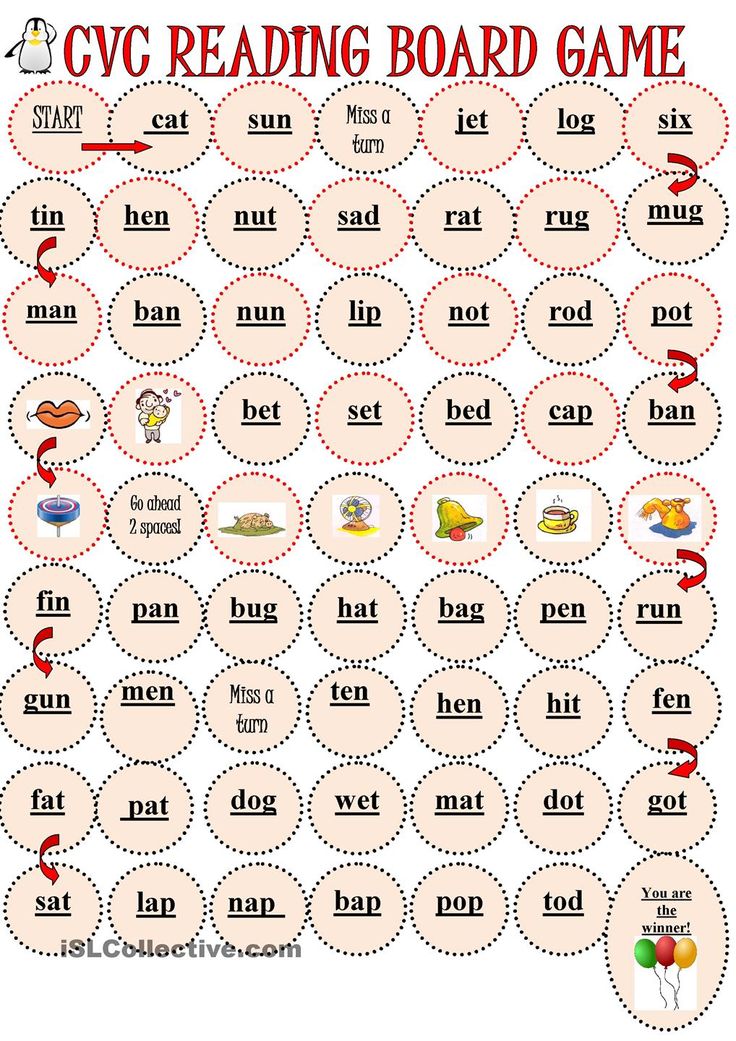
To play:
- Player one says a word.
- Player two responds with the first word that comes to mind.
- Player one either chooses a new word or responds to player two’s word.
- The game continues until one player repeats a word or pauses too long.
The rapid pace of the game generates excitement and occasionally results in funny answers.
If a student makes a mistake, then the teacher can pause the game and ask the student to explain or find a more fitting word. Ideally, gamemasters should allow players a few extra seconds to respond. Players should never feel embarrassed. There are no wrong answers in word association, but the game can serve as a learning opportunity to find better words.
If playing via Zoom, then player one or the teacher speaks a word, and other students answer in the chat. The class counts up matching answers and discusses different responses, guessing the reasoning behind each answer.
3. Vocabulary Hangman
Hangman is a classic chalkboard word game that translates easily to online play, thanks to digital whiteboards.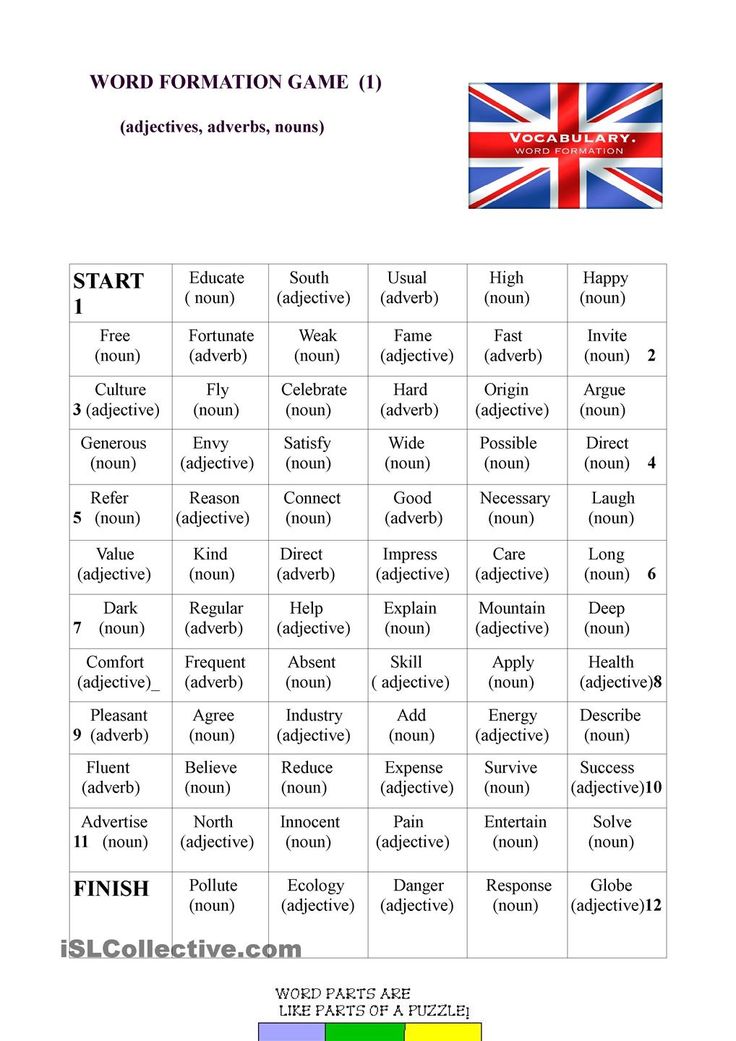
To play:
- Assign a player a word.
- The player draws a series of blanks corresponding to the number of letters in the word.
- Other players guess letters.
- If the letter is in the word, then the “executioner” fills in the blank. If not, then the executioner draws one portion of the gallows.
- The game ends when players guess the word, or when the picture is complete.
The best words to use for hangman contain less-used letters like z, x, and q. Examples of hard hangman words include zigzagging, razzmatazz, and quadrants.
4. Word search
Word searches are common classroom vocabulary games. These activities work well for handouts, and you can play during video calls by using the whiteboard feature and enabling annotation.
We made a sample word search you can use.
To make the game more competitive and exciting, turn the challenge into a race and award prizes to the first players to complete the puzzles.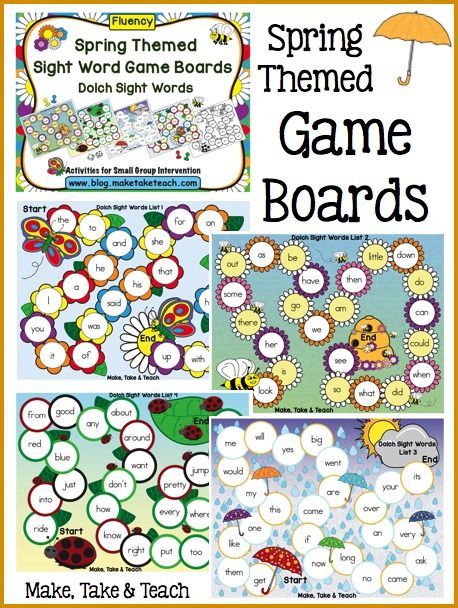
5. Crossword
Crossword puzzles consist of a series of interconnecting boxes, each of which starts blank but contains one letter by the end of the game. Under the puzzle are two lists of clues, across and down respectively. Solvers need to consider the meaning of words, number of letters, and surrounding words, making the game strategic as well as literary.
Here is an example of a crossword puzzle you can use with your class or team.
Here is the answer key.
Crosswords are great word games for any age or skill level because puzzle makers can adjust the difficulty to suit players. To make your own crossword puzzle, use an online crossword creator.
6. Word Scramble
Word scrambles make great games for English class, and adults enjoy these language brain teasers as well. Simply mix up the order of the letters and ask players to unscramble and identify the original words.
Here is a sample to start with.
And here is the answer key.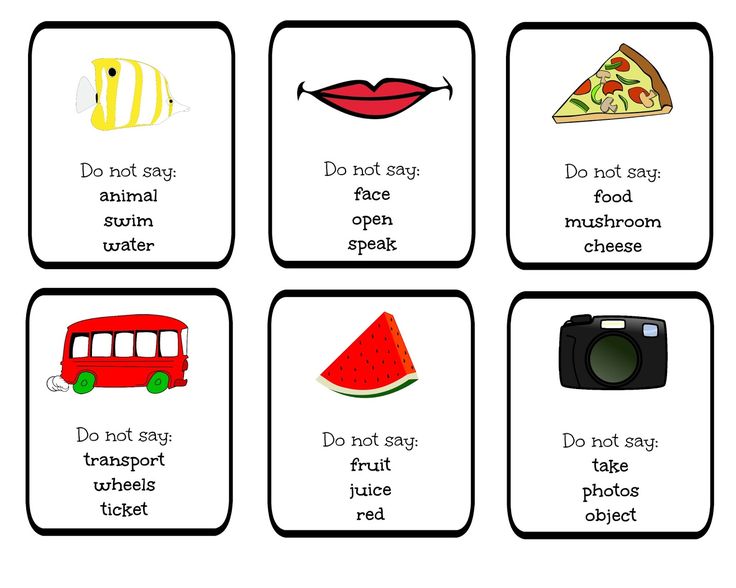
To make your own word scrambles, use an online letter randomizer.
7. Scrabble
Scrabble is one of the most popular word games for adults or children. Players must use letter tiles to assemble words on the game board.
To play:
- Each player draws seven letter tiles.
- During turns, players can play tiles or exchange them for new letters.
- Players build words on the board, with each new word connecting to an existing word.
- Tiles have a point value assigned depending on the challenge of the letter. When a player makes a word, tally the letter and add the score to the point board.
More challenging letters have higher point values. For example, E is one point, while Z is ten. To find the point values for each tile and read more gameplay tips, check out this guide from Hasbro.
To coordinate the game for language lessons, assign higher scores for vocabulary words, and ask players to use the words in a sentence for extra points.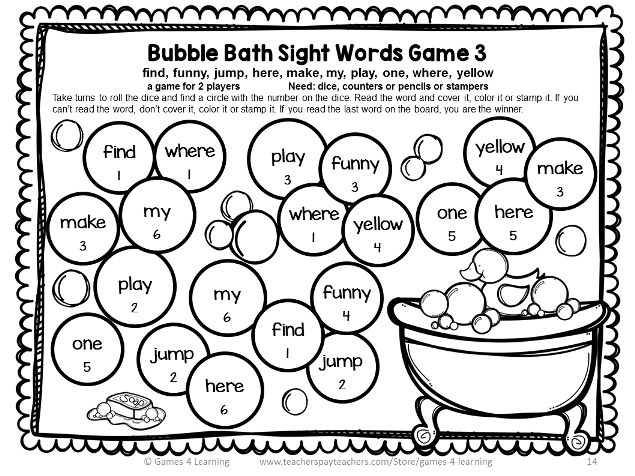
Scrabble is easy to play online, too, making it one of the best online vocabulary games. To play virtually, simply find a multiplayer online version of the game, such as Words With Friends.
8. Scattergories
Scattergories is one of the most fun and simple word games for adults. The game challenges players to think up words all starting with the same letter.
To play:
- One player rolls a letter die or uses a letter generator to pick the first letter.
- The timekeeper puts 60 seconds on the clock.
- Players write down one answer per category starting with the letter.
- When time runs out, players read the answers.
- Players receive a point for every answer.
Alliterative phrases count for double or triple points. If two players have the same answer, then they must cross it out and neither receives points. Of course, a player will not receive points for blank answers either. At the end of each round, the player with the most points wins.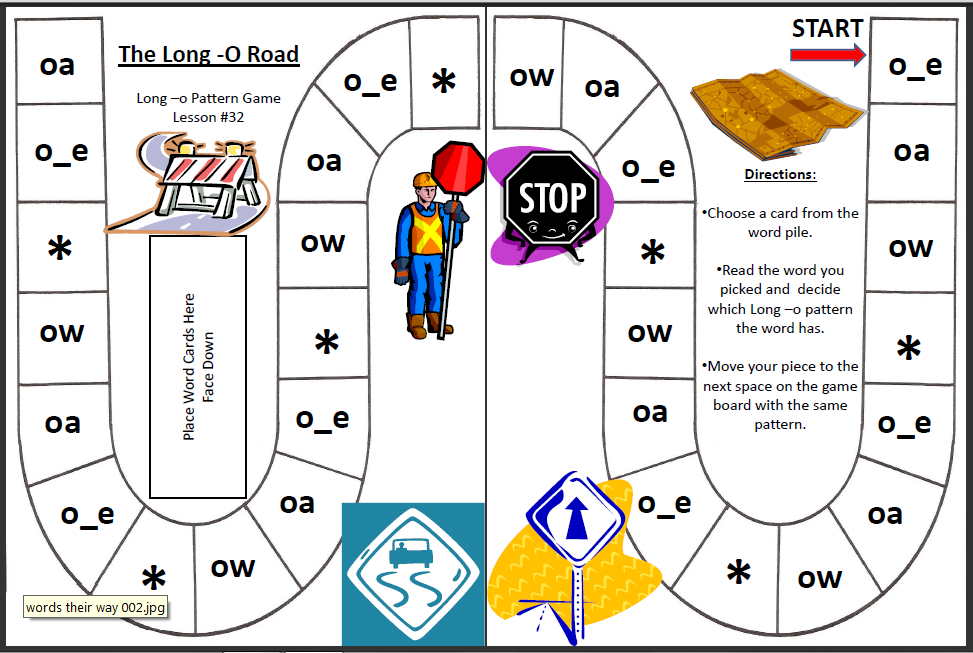
Here is a list of sample Scattergories categories:
- A boy’s name, girl’s name, or gender neutral name
- Capital cities
- Four letter words
- Types of drinks
- Holidays
- Careers or professions
- Cartoon characters
- Websites
- Desserts
You could create more inventive categories for the game, or challenge players to make up prompts.
To play virtually, use the chat, screen-share, whiteboard functions in your virtual meeting platform. You can also share a Google Doc or Form, or join a multiplayer online Scattergories game together.
9. Tree or Bob Ross
Tree or Bob Ross is a fun video conference game that challenges players to guess a word by asking questions.
The player who conjures the word is The Post. The Post answers This or That questions whose answers help players narrow down the word.
The first question of the game is usually “is it more like a tree, or more like Bob Ross?” and The Post must answer accordingly.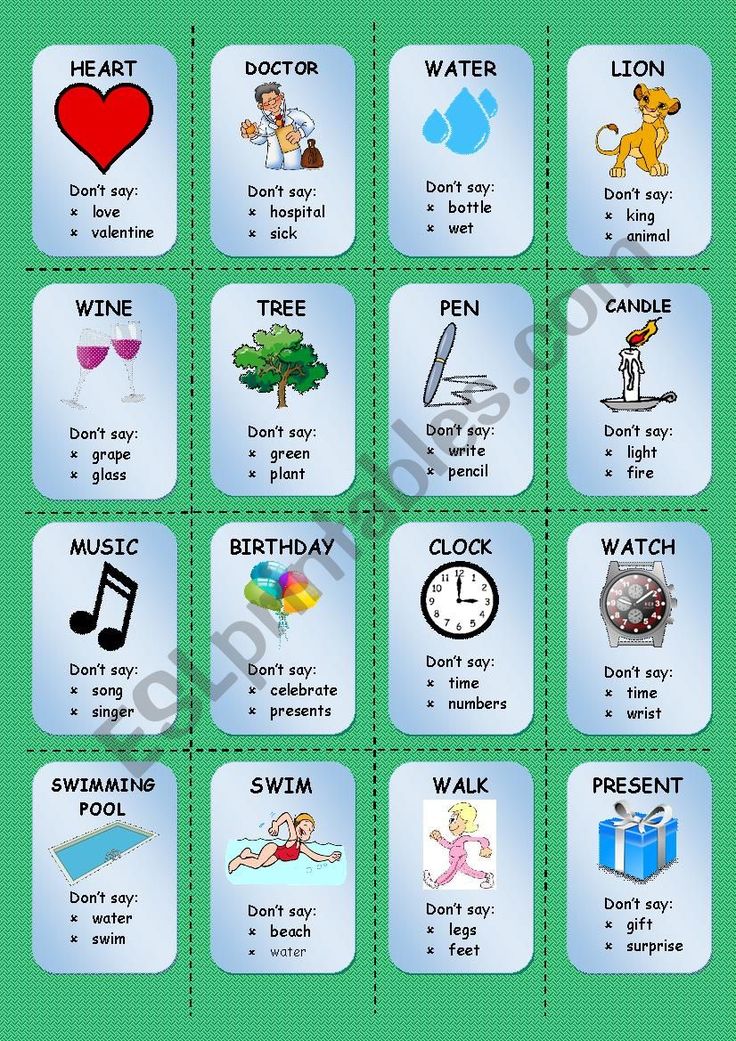 For instance, a rose is probably more like a tree, but Pinnochio presents an interesting challenge.
For instance, a rose is probably more like a tree, but Pinnochio presents an interesting challenge.
Each turn, the guesser adds a new word. For example, the second question might be, “is it more like a tree or a fern?” The game continues until players guess correctly. For more excitement, introduce a time limit, or award more points if players guess the word during earlier rounds.
10. Vocabulary Pyramid
Pyramid challenges players to guess words from context clues. The pyramid is a collection of six words, arranged with three on the bottom, two in the middle, and one at the top. To win, teams must guess all words within the pyramid in the allotted time.
To play:
- Divide the group into teams.
- Give one player on each team the pyramid.
- The pyramid holder must give hints to teammates describing each word without using the actual name of the item.
- When players guess correctly, the pyramid master can move to the next word. Or, players can say “pass,” and return to the word later.
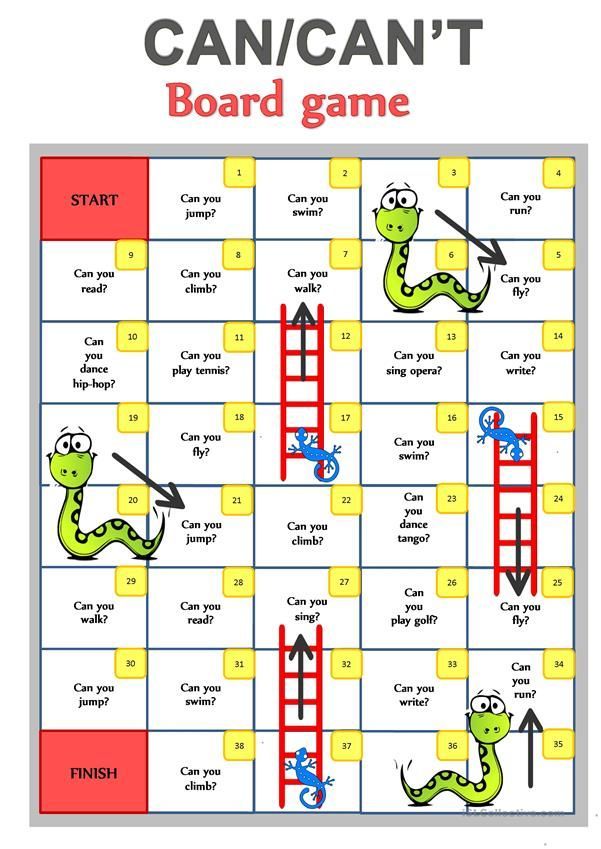
- Teams receive a point for every correct guess.
When determining the time limit, consider the age of your players and the difficulty of the words. In general, 30 seconds per word, or three minutes total, is a good place to start, but add or take away time to increase or decrease the challenge.
11. Invisible Bridge
Invisible Bridge is similar to six degrees of Kevin Bacon. In both games, you must figure out a way to connect two seemingly distant concepts. Six degrees of Kevin Bacon uses actors, while Invisible Bridge uses words.
To play:
- A player suggests two unrelated words.
- Player one gives a number of planks. This is how many steps other players must use to relate the two words.
- The other players think up words that share similar traits, synonyms, or connector words to move from one term to another.
An example round might look as follows:
Tiger, Astronaut, eight planks
Tiger – Balm – Lip – Service – Customer – Happy – Pills – Capsules – Space – Astronaut
Meanwhile, Tiger, Astronaut, two planks might look like this:
Tiger – meat eater – meteor – Astronaut
One fun aspect about this game is there can be more than one correct answer, and opposing teams can dispute far-reaches.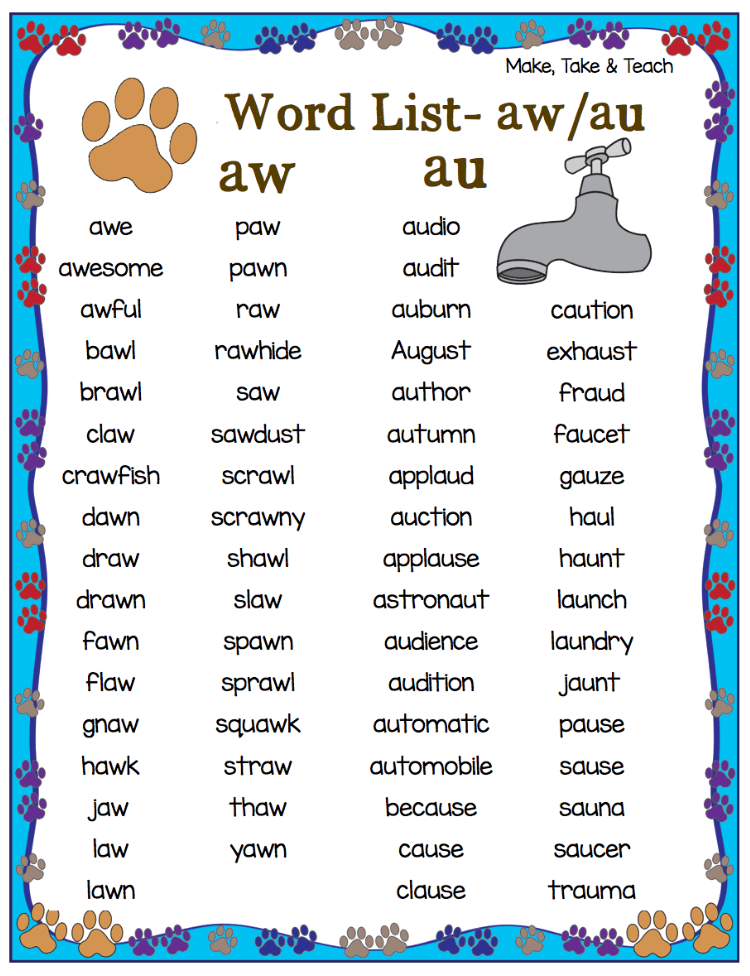 Invisible bridge encourages players to think about the nature of language and the relationship between words.
Invisible bridge encourages players to think about the nature of language and the relationship between words.
12. Poetry Improv
Poetry Improv is an exercise that challenges participants to craft verses on the spot.
To play:
- Pick a poetry style, such as sonnet, haiku, acrostic, limerick, or free verse.
- Give participants vocabulary words to use within the poem.
- Allow five or ten minutes for groups or individuals to complete the verses. If playing online via meeting software, then send groups to breakout rooms to work.
- Ask poets to share the masterpieces aloud.
For extra fun, turn other players into judges by asking them to rate the poems by holding up scorecards. To make the game more fast-paced, ask players to finish each others’ phrases on the spot for a true poetic improv.
13. Synonym Memory
The rules of Memory are easy: flip over two cards at a time and look for matching pictures or words. When players find pairs, they take the cards off the board.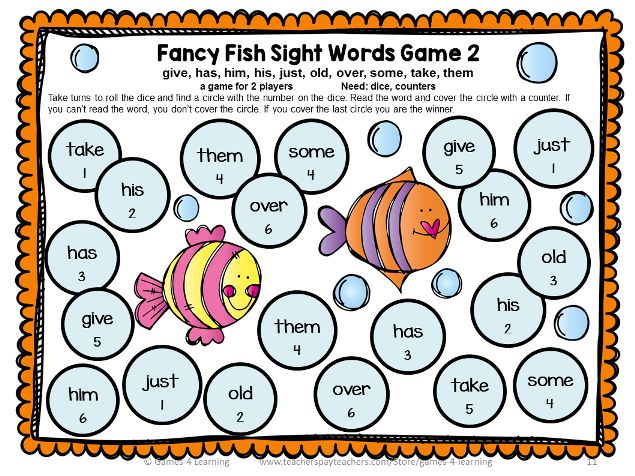 The player with the most pairs of cards at the end of the game wins.
The player with the most pairs of cards at the end of the game wins.
Synonym Memory puts a challenging spin on the simple game. Instead of hunting for exact matches, players pair up words with synonyms.
Here are some sample matches:
- enticing/tempting
- assume/suppose
- patience/restraint
- revoke/rescind
- impact/collision
The game encourages players to think in different ways, as participants will need to remember the location of the cards as well as consider meanings of words.
To play online, make your own virtual synonym memory game with an online tool and share screens to play, with one player flipping over the cards at other players’ request.
List of words to use for vocabulary games
Here is a list of great words to use in word games:
- serendipity
- fortitude
- akimbo
- sumptuous
- ineffable
- zephyr
- incorrigible
- medallion
- mauve
- bombast
- denouement
- contemporary
- gossamer
- inane
- hippodrome
- concession
- ideology
- quintessential
- prescient
- regurgitate
- gnash
- cataclysmic
- knell
For further inspiration, use a random word generator or consult online lists of difficult or intersecting words.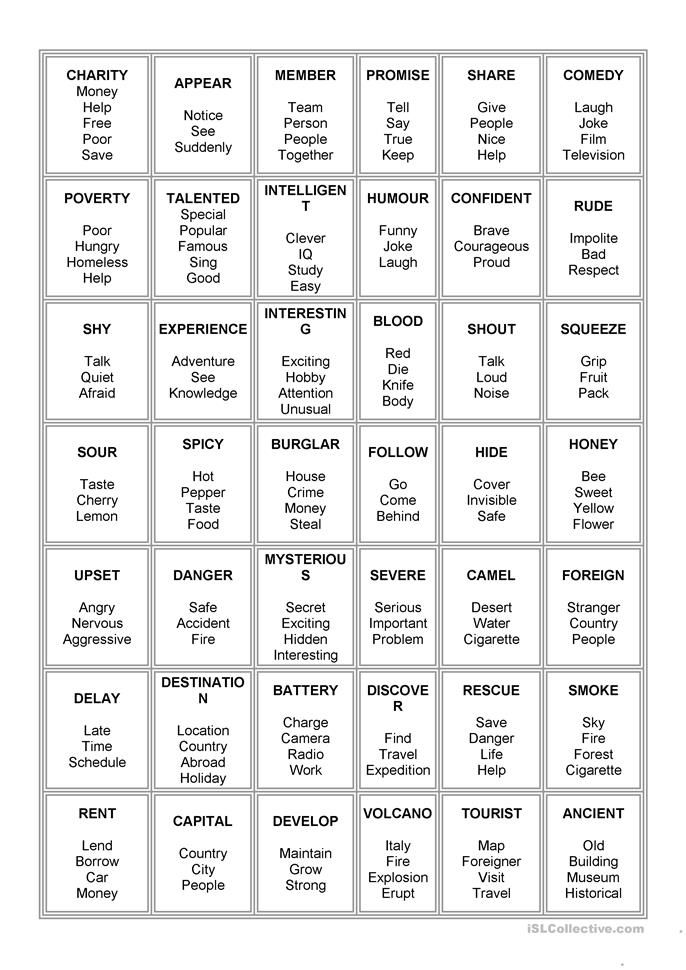
Conclusion
Vocabulary games and activities test and strengthen players’ communication skills. These word games minimize frustration by disguising language lessons in the form of an exciting challenge. Not to mention, simple word games are fun for adults and kids alike, and make great icebreaker activities during meetings. Most games only require words and a way to share them, so playing word games online via Zoom or similar platforms is easy.
For even more smart fun, check out our posts on problem solving games, question games and team building brain teasers.
FAQ: Vocabulary Games
Here are answers to common questions about vocabulary games and activities.
What are vocabulary games?
Vocabulary games are word and language games you can play with students, coworkers, or family and friends. These games challenge players to hunt for words or definitions, brainstorm terms, deduce phrases based on clues, or create words under certain conditions.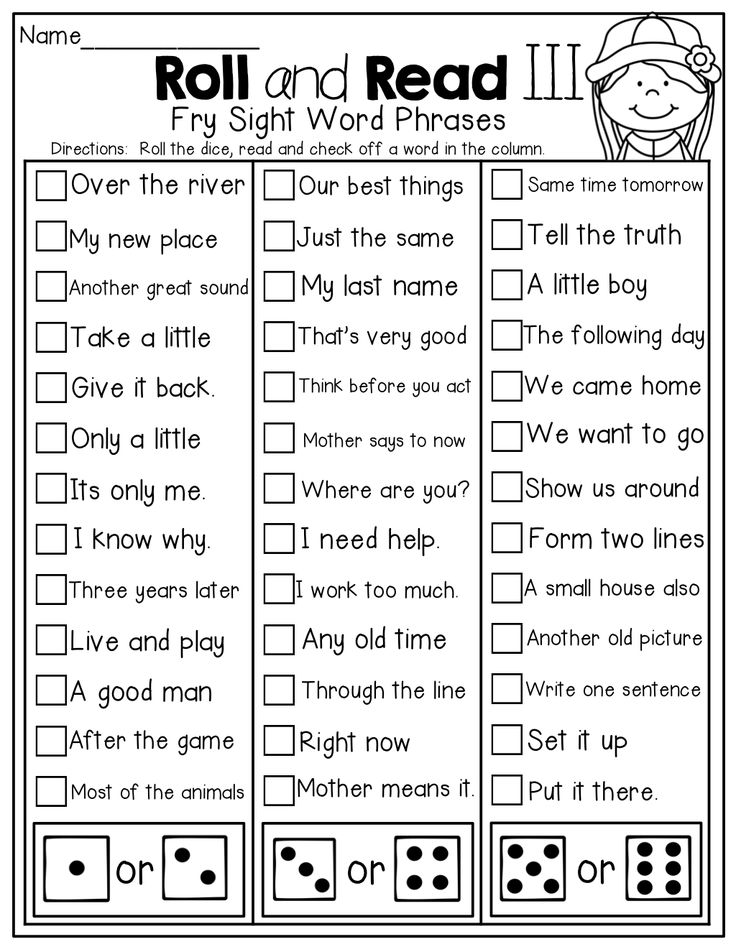 Language games are a great way to teach new vocabulary and help students practice recognizing and using new words. These activities are also known as “vocabulary building games” and “vocab games”, and are similar to “word games” and “letter games”.
Language games are a great way to teach new vocabulary and help students practice recognizing and using new words. These activities are also known as “vocabulary building games” and “vocab games”, and are similar to “word games” and “letter games”.
What are some fun word games for groups?
Some fun word games for groups include Pictionary, Tree or Bob Ross, and word scrambles.
What are some online vocabulary games?
By using virtual meeting software like Zoom, you can play any word game online. Some good virtual vocabulary games include Scrabble, Scattergories, and online crossword puzzles.
What are good ESL word games?
The best ESL word games are easy to understand and play yet expand the vocabularies of participants. Good ESL word games include word association, word searches, and hangman.
What are fun ways to teach vocabulary?
Word games are one of the most fun and easy ways to teach vocabulary. While some kids get frustrated with straightforward reading or language exercises, word games disguise vocabulary lessons as a fun challenge.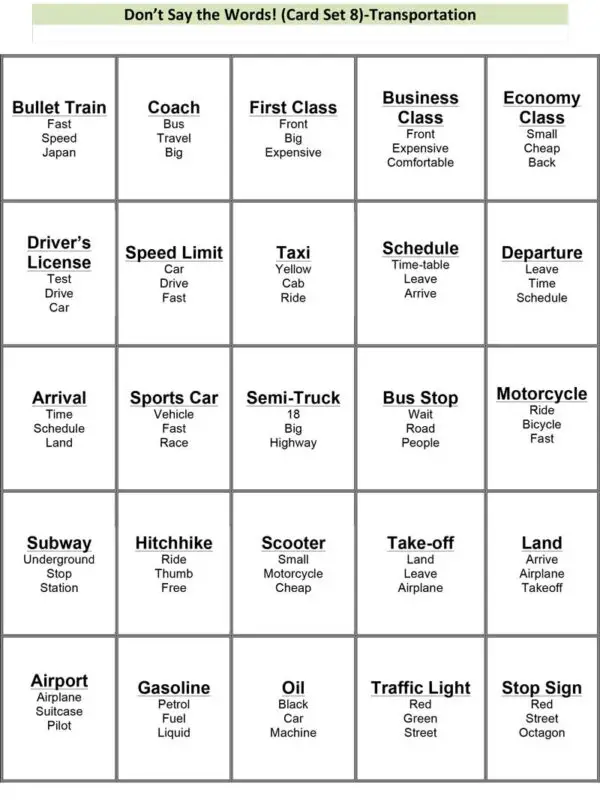 Plus, playing language games together is a great teamwork exercise.
Plus, playing language games together is a great teamwork exercise.
10 Best Virtual Meeting Platforms & Software (Tried & Tested)
Updated: October 09, 2022
This page includes a list of the best virtual meeting platforms.
Virtual meeting platforms are video applications and software that bring people together over the internet. Usually, this software includes a form of video conferencing, as well as tools like chat, reactions and screen sharing. Examples of this software include Zoom, Webex, Google Meet, Lifesize and Jami. These apps are also called “online meeting platforms.”
This software is similar to virtual event platforms, and can help with virtual team engagement and facilitating team building activities virtually.
Specifically, this list includes:
- online meeting software
- virtual meeting apps
- virtual conference software
- corporate meeting app software
Here’s the list!
List of virtual meeting platforms
Video conferencing capabilities bring virtual teams together in real time.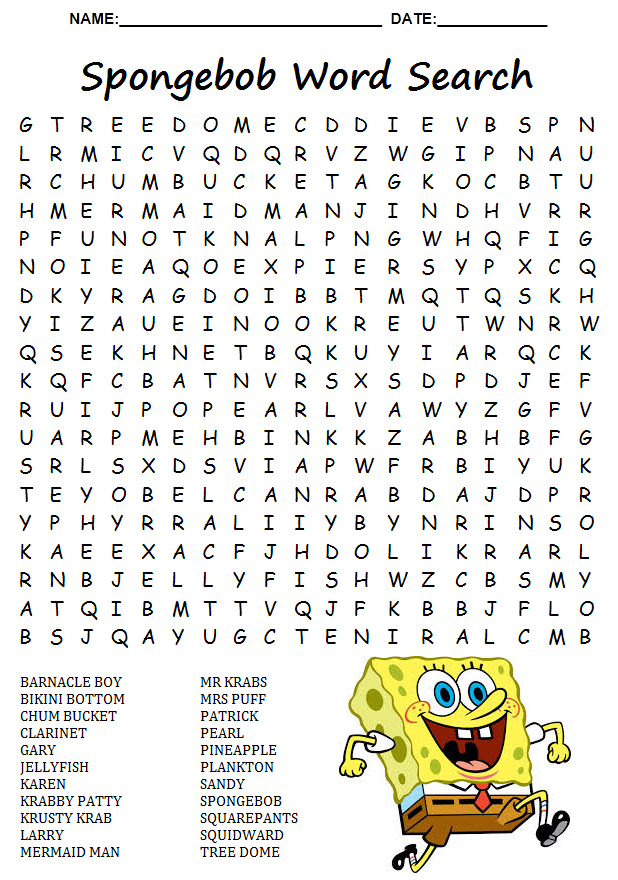 From the ubiquitous Zoom to less-known Jitsi Meet, these virtual meeting apps are ready for you and your remote team to try.
From the ubiquitous Zoom to less-known Jitsi Meet, these virtual meeting apps are ready for you and your remote team to try.
1. Zoom
Zoom is a popular video conferencing platform that is infamous for being easy to use. You can invite anyone to a Zoom meeting with a URL, even if your attendees do not have a Zoom account. Once team members click on the URL, they will instantly join a virtual room with the rest of the team. Registered users can host meetings with up to 100 people using the free version of Zoom’s software. Coupled with fun features like breakout rooms, Zoom is ideal for hosting meetings, games and activities with virtual teams.
Here is a list of fun games to play on Zoom, and the top Zoom apps.
Learn more about Zoom.
2. Google Meet
Google originally developed Google Meet as a virtual meeting platform for the company’s enterprise customers. However, with Zoom’s surge in popularity, Google decided to offer Meet as a secure alternative.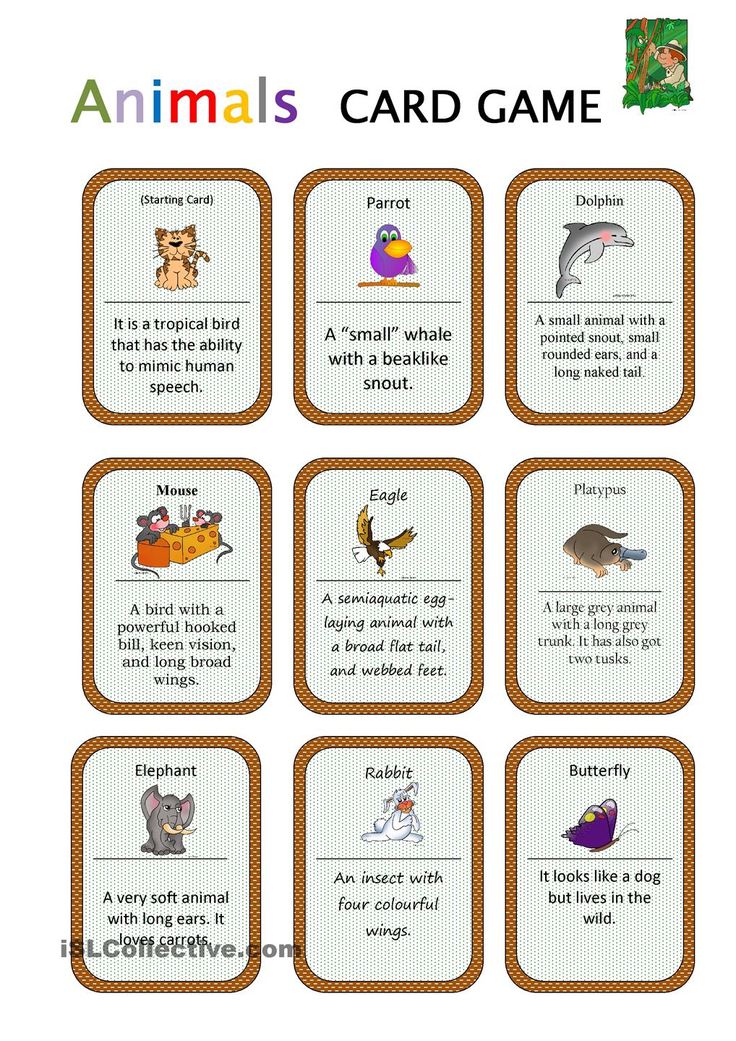 Meet can host gatherings of up to 250 participants, and also offers nifty additions like live captions and anti-abuse features. If data security is a priority for your business, then Meet is right for you, as long as everyone has a Google Account.
Meet can host gatherings of up to 250 participants, and also offers nifty additions like live captions and anti-abuse features. If data security is a priority for your business, then Meet is right for you, as long as everyone has a Google Account.
Here is a list of games to play on Google Meet.
Start using Google Meet.
3. Skype
Acquired by Microsoft in 2011, Skype was the original household name for video calls. However, due to consumer complaints and the emergence of Zoom as noted on ZDNet, Skype is no longer the only or primary option for meetings. Skype is mounting a comeback with video conferencing, making it the perfect time to revisit the familiar software with a cute ringtone. The app now offers meetings for up to 50 participants accessible by a generated link. No registration or download required.
Check out Skype.
4. Cisco Webex
Cisco Webex is online meeting software originally intended for businesses. With its intuitive controls and tight security, Webex has long helped businesses stay connected.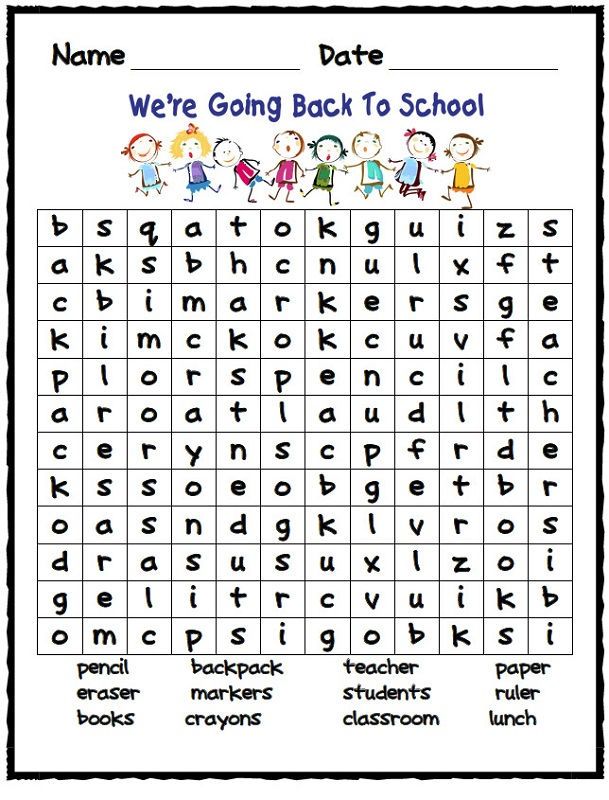 By signing up for Webex’s free plan, you can host virtual meetings or games with up to 100 people for any duration. This feature contrasts with Zoom, which limits your meeting time to 40 minutes if three or more people are in your meeting. Therefore, by choosing Webex, you won’t have to worry about time limits for your next online meeting.
By signing up for Webex’s free plan, you can host virtual meetings or games with up to 100 people for any duration. This feature contrasts with Zoom, which limits your meeting time to 40 minutes if three or more people are in your meeting. Therefore, by choosing Webex, you won’t have to worry about time limits for your next online meeting.
Here is a list of games to play on Webex.
Visit Cisco Webex for more information.
5. Jitsi Meet
For an open source platform option you can customize, consider Jitsi Meet for your next virtual meeting. Secured by strong encryption, this virtual conference software does not cost anything, require you to register, or limit the number of people you can invite to meetings. With such flexibility, Jitsi Meet offers endless possibilities for you and your team to hold virtual meetings, online conferences and more.
Discover Jitsi Meet.
6. Toasty
Toasty is a virtual meeting platform that empowers any meeting host to engage their audience and drive collaborations in online meetings and workshops.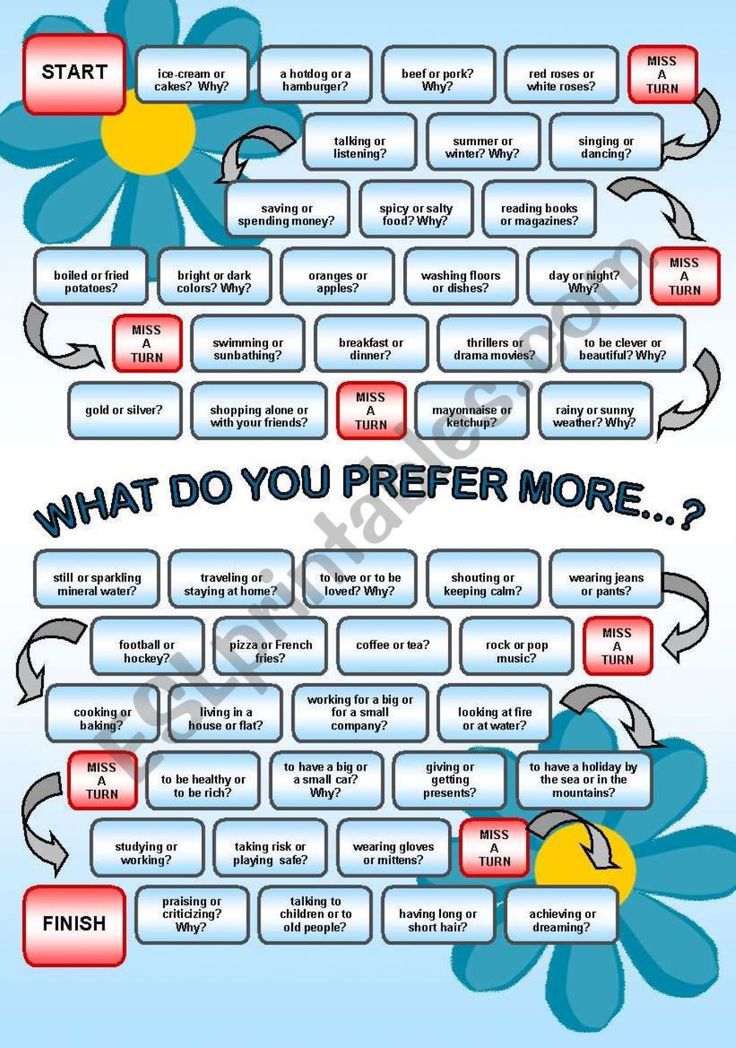 The app has built-in activities like icebreaker questions, conversation cards and polls. It also features an interactive meeting agenda which the host sets before-hand and allows all participants to follow along with the schedule and activities; knowing what will happen and when is a great way to keep attendees participating. Toasty is built on AWS and Jitsi, which provides for secure, stable and easy-to-access connections.
The app has built-in activities like icebreaker questions, conversation cards and polls. It also features an interactive meeting agenda which the host sets before-hand and allows all participants to follow along with the schedule and activities; knowing what will happen and when is a great way to keep attendees participating. Toasty is built on AWS and Jitsi, which provides for secure, stable and easy-to-access connections.
Learn more about Toasty.
7. Lifesize
Lifesize’s virtual conferencing software is a great alternative for teams seeking high quality 4K video, numerous integrations, and a secure experience. Once you sign up for a free account, you can hold unlimited online meetings with up to 25 people each. Like Zoom, you setup meetings with a shared link, making Lifesize simple to use. Lifesize is optimal for remote team building activities due to its focus on high definition video, which makes it feel like your team members are in the room with you.
Find out more about Lifesize.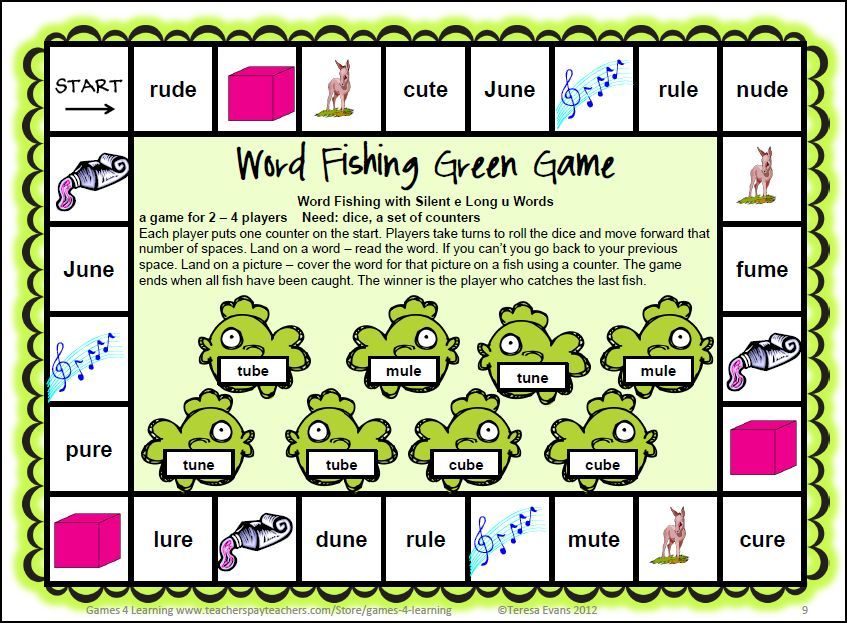
8. Jami
Jami’s signature peer-to-peer and end-to-end encryption should satisfy even the most security-aware members of your team. Due to Jami’s distributed architecture, data travels quickly and securely without passing through servers, leading to improved video experience and continuous service. While Jami’s developers have only hosted virtual meetings with up to 16 people, you are free to try Jami with larger groups, as long as you run the meeting from a device with strong computing power and bandwidth.
Uncover Jami.
9. Talky
The most simple of the online meeting software options on this list, Talky does not require any downloads. Instead, the site generates a unique room URL, which you share with your team. The only features Talky has are locked rooms and screen sharing, which should be a relief to less technologically-savvy team members. Just keep in mind that Talky only allows for up to six people per room, making it an ideal choice for small virtual meetings or conference calls.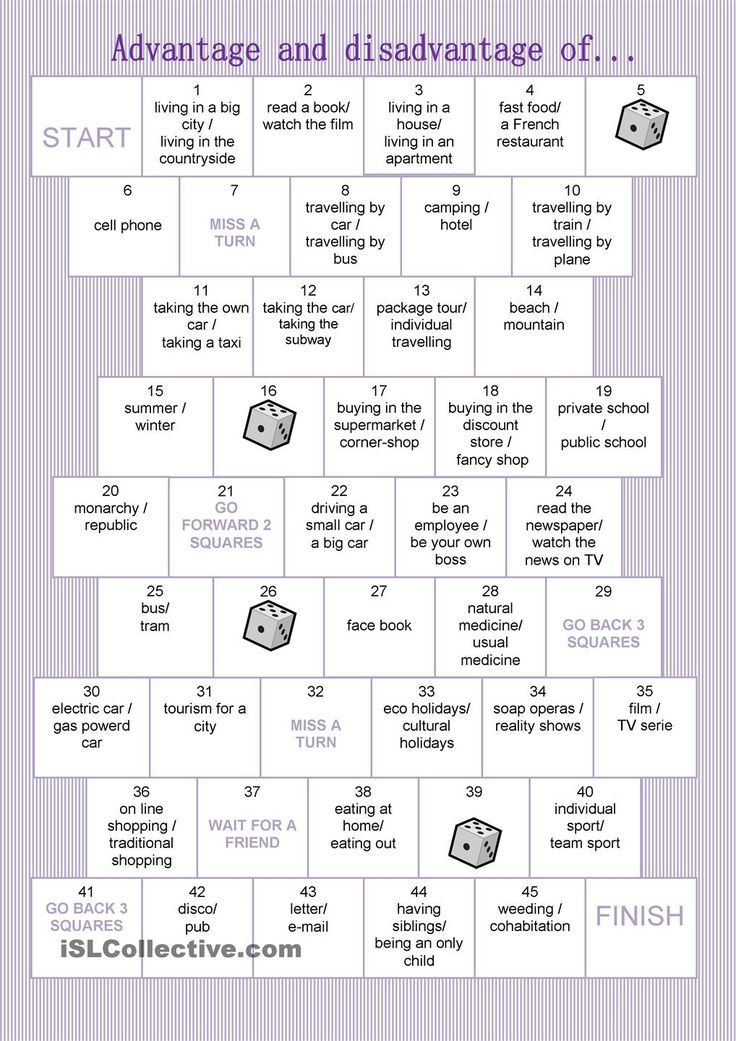
Learn more about Talky.
10. Whereby
For the most personal of team building experiences, Whereby’s four-person meetings are yet another software option. Working directly from your browser, Whereby does not require any additional downloads or registration from your team members. You can even play YouTube videos, which is perfect for any virtual activities that require shared video, such as collective stretches with Yoga Norman.
Try out Whereby.
Final Thoughts
Virtual meeting software is an important tool to connect and work with remote teams. These platforms allow you to use video to chat and collaborate, as well as support useful functionality like chat, breakout rooms and screen shares.
Now that you are familiar with the best virtual platforms for meetings, you can check out our list of fun video conference games and this one with free online team building games to play on your next team call.
We also have a guide to making virtual meetings fun, list of virtual game night ideas and ideas for all hands meetings.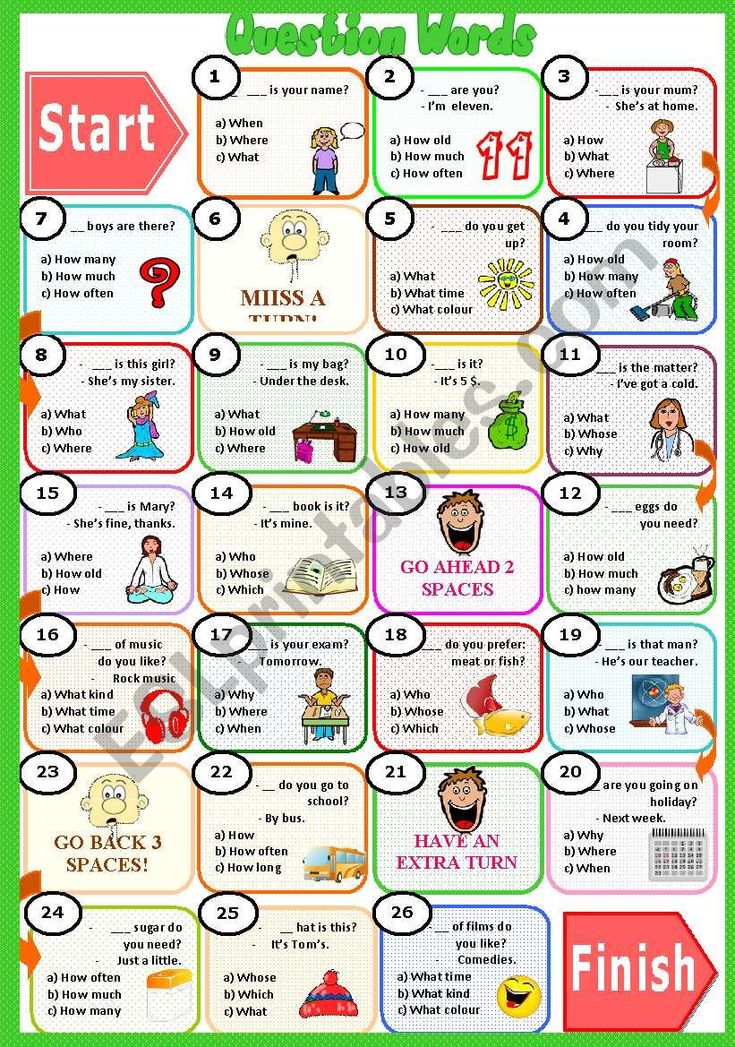 Plus a list of virtual event companies.
Plus a list of virtual event companies.
Plus a list of tips for improving virtual team communication.
FAQ: Virtual meeting software
Here are some frequently asked questions about how software can help facilitate your next virtual meeting.
What is virtual meeting software?
Virtual meeting software comprises applications and digital platforms that let your team communicate and interact over the internet, usually through video. Also known as online meeting software or virtual conference platforms, these apps can be used to host meetings, conferences, virtual happy hours, team building activities, games, or events for remote teams.
What is the best online meeting platform?
The best online meeting platforms are easy to use, secure, and can host all team members at once. Zoom is an example of a great app for virtual team meetings.
Does virtual meeting software actually help with team building?
Yes, virtual meeting software helps with team building.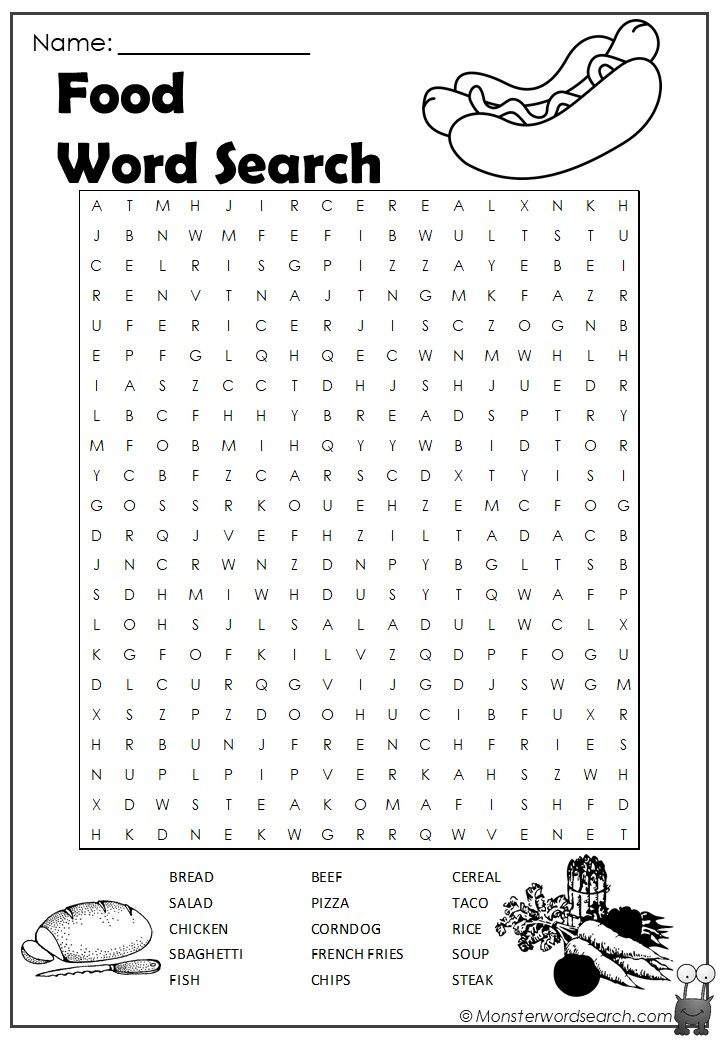 By bringing remote team members into the room using the power of the internet, these apps let your team share experiences and build camaraderie, even if members are spread across multiple locations.
By bringing remote team members into the room using the power of the internet, these apps let your team share experiences and build camaraderie, even if members are spread across multiple locations.
how to get puns? ‹ engblog.ru
As an active visitor and reader of various blogs dedicated to the English language, I often come across the opinion of people that the British do not know how to joke at all. Their prim and sometimes arrogant humor does not cause any fits of laughter, not even the slightest hint of a smile. What is the problem? Why is it difficult for us to understand the universal language of laughter? Is our sense of humor so different from English?
Most jokes in English are based on a pun, his highness pun . A pun ( pun ) is a play on words, a little witty statement built on the ambiguity of words. And in English, almost every second word boasts not only two different meanings, but often ten or twenty. Hence it turns out that English is a very fertile ground for puns.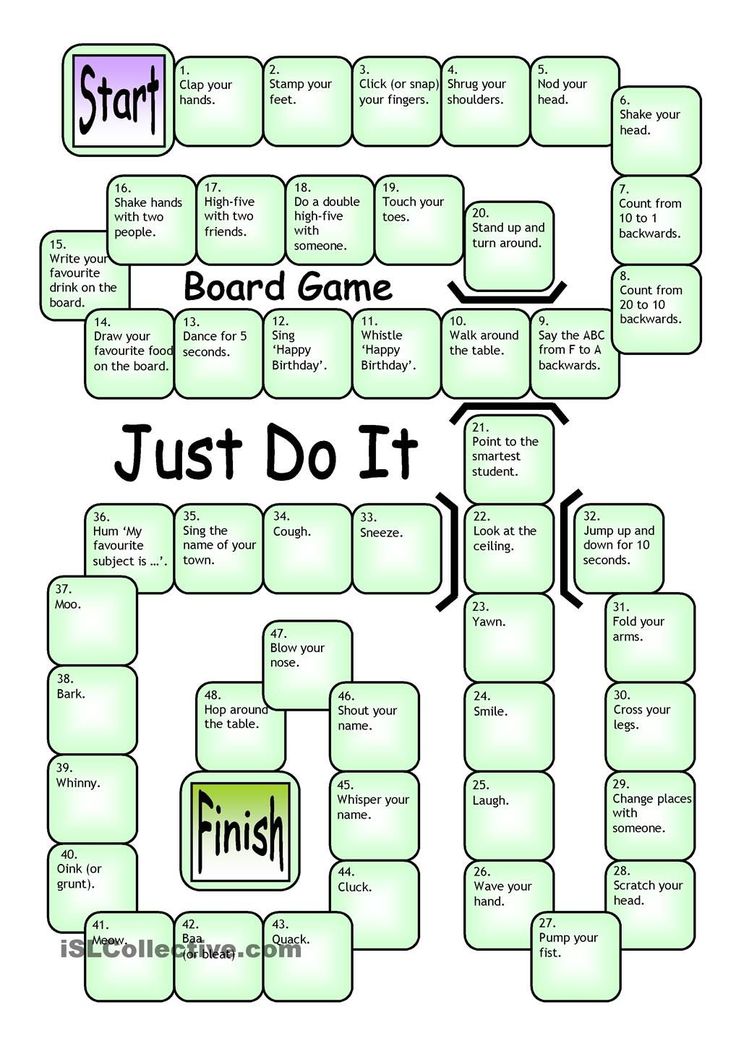 There are similar jokes in Russian too:
There are similar jokes in Russian too:
– Waiter, is that a chicken?
- No, it's drunk.
("chicken" is consonant with "smoking", so this is the answer of the waiter)
Wordplay is often used in advertising and literary works. There are different types of puns, and we will talk about them in this article.
Homophonic puns. Homophones
The humorous effect in homophones is achieved due to the fact that the words are pronounced the same but are spelled differently, respectively, these are words that are completely different in meaning. For example, board (board) and bored (bored), weight (weight) and wait (wait), flower (flower) and flour (flour).
– Why is it so wet in England?
Because many kings and queens have reigned (rained) there.
Translating a pun into Russian is extremely difficult, and sometimes impossible.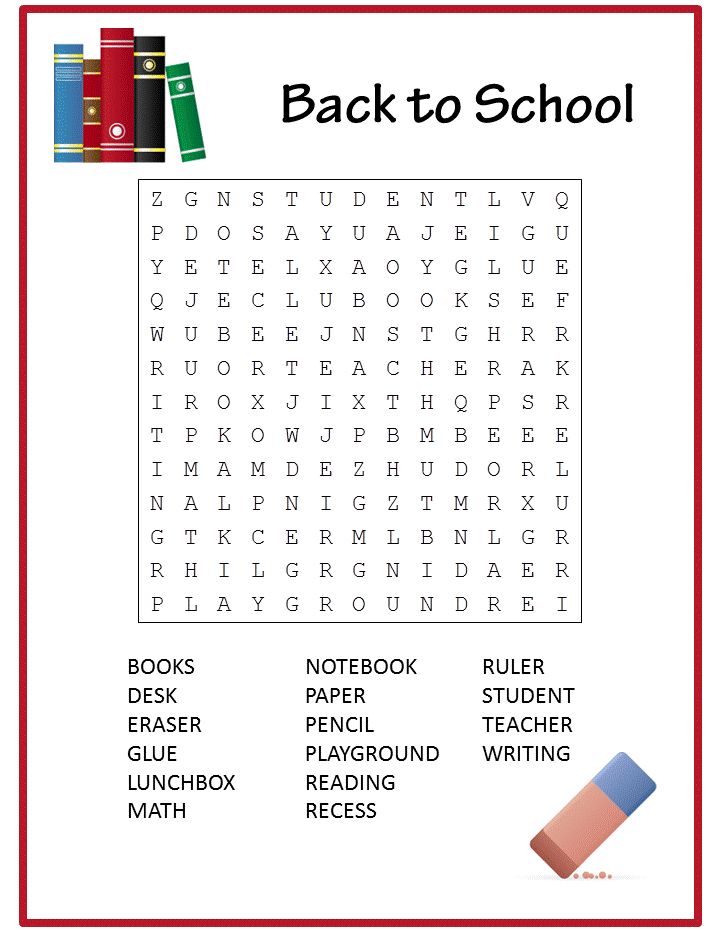 After all, reign (edit) and rain (it's raining) in Russian have nothing in common in sound. It turns out that if someone translates a joke verbatim to us, then nothing funny will remain in it. Therefore, we decided not to translate the jokes in the article either. But we suggest that you double-click on a word you do not know, so that a dictionary appears in the lower right corner, according to which you can see what each word means and understand the joke.
After all, reign (edit) and rain (it's raining) in Russian have nothing in common in sound. It turns out that if someone translates a joke verbatim to us, then nothing funny will remain in it. Therefore, we decided not to translate the jokes in the article either. But we suggest that you double-click on a word you do not know, so that a dictionary appears in the lower right corner, according to which you can see what each word means and understand the joke.
– Good heavens! What's this?
- It's bean soup.
- I don't care what it's been. I want to know what it is now!
Homonymic puns. Homonyms
Homonyms are words that are spelled and pronounced the same but have different meanings. For example, bank is a place where people keep money. And to bank on - bet on something. This is where the joke comes from: you can never bank on a bank to look after your money . Or like this: two silkworms had a race and ended in a tie
Compound punch.
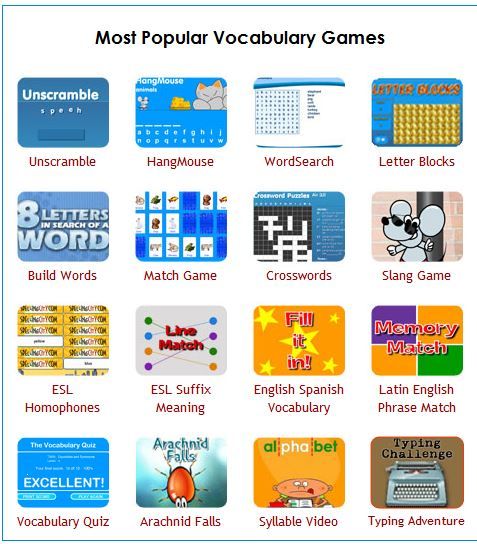 Compound pun
Compound pun Such jokes are based on a whole chain of words that, when pronounced, sound the same as some other word. To achieve the effect, you need to use a few words.
Why can't you starve in the desert? – Because of all the sand which is there.
Got it? Read quickly the words sand which , and from the “sand that” we get sandwich - a sandwich.
How to learn to understand a pun
Learning to understand a pun is difficult, because you need to know many meanings of the same word. But nothing is impossible. Practice helps a lot in this regard. The more you read such material, understand the meanings, the easier it will become for you later.
If you want to understand the current mood in the world, then I advise you to install applications in English, in which jokes are created by ordinary people. I started surfing the English Internet with app IFunny :) (Android and iOS). The jokes there are unusual, modern, often based on a play on words.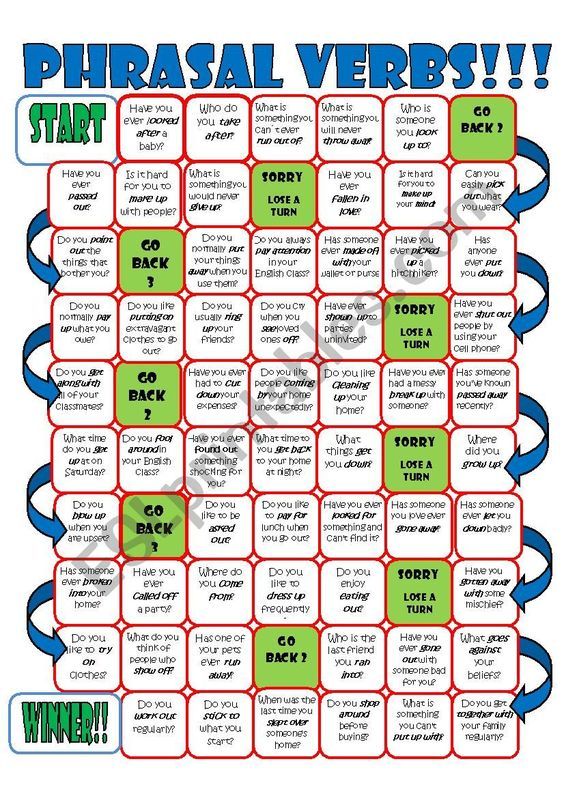 But be careful: there is practically no censorship on the resource. You will be presented with everything that people find funny. But from personal observation, I will say that later I come across translations of jokes that I saw on IFunny :) on the Russian-language Internet. And often the quality of jokes suffers in translation. You can also follow the latest in the world of puns on the following sites: onelinefun.com, pinterest.com.
But be careful: there is practically no censorship on the resource. You will be presented with everything that people find funny. But from personal observation, I will say that later I come across translations of jokes that I saw on IFunny :) on the Russian-language Internet. And often the quality of jokes suffers in translation. You can also follow the latest in the world of puns on the following sites: onelinefun.com, pinterest.com.
Also translated jokes spoil the impression of watching series and movies, so I always advise you to immediately watch them in English with English subtitles. This is especially true for comedies. Here are some examples from my favorite TV show, The Big Bang Theory (“ The Big Bang Theory ”). Most of the jokes of the witty Dr. Sheldon Cooper are based on a play on words. Be careful and follow the course of his thoughts. Below the video there are words with translations that will help you understand the jokes.
Penny, scaring Sheldon, asks:
Video words
- - Do you have a minute (or two)?
- A second - second, spare (about underwear).
At the beginning of the next video, a series of jokes is collected about the fact that in the menu of a Chinese restaurant they wrote in the name of the sauce mobster (bandit, mafia) instead of lobster (lobster).
Words from video
- A typo misprint.
- A front for organized crime
- For all we know from everything we know.
- To contain - include, contain.
- Chunks - pieces.
- Deceased mobsters - dead mobsters.
- Corleone's is the name of a pizzeria and the name of a famous mobster.
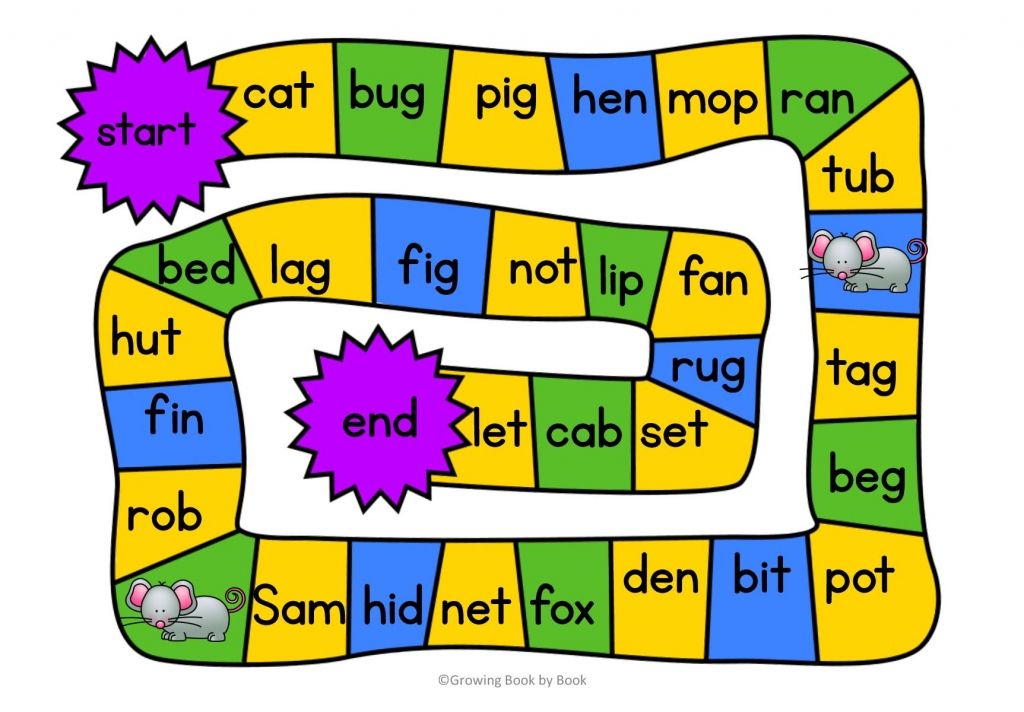
I hope you remember that Rajesh is afraid to talk to girls. Many jokes in the series are built on this fact, and here is one of them:
Words from the video
- To freak somebody out - to piss off, scare.
- Ladybug - ladybug ( lady - lady, bug - beetle, and in English - ladybug).
- To render - bring to some state.
- Catatonic - numb, motionless.
As you can see, the pun is not only a stylistic device from outdated books, but a very lively way to create a humorous effect, and it is resorted to everywhere. Want to test yourself in a pun? Then we invite you to take our test, in which you need to match 2 parts of the joke:
Test
Pun in English
Match the 2 parts to make a joke.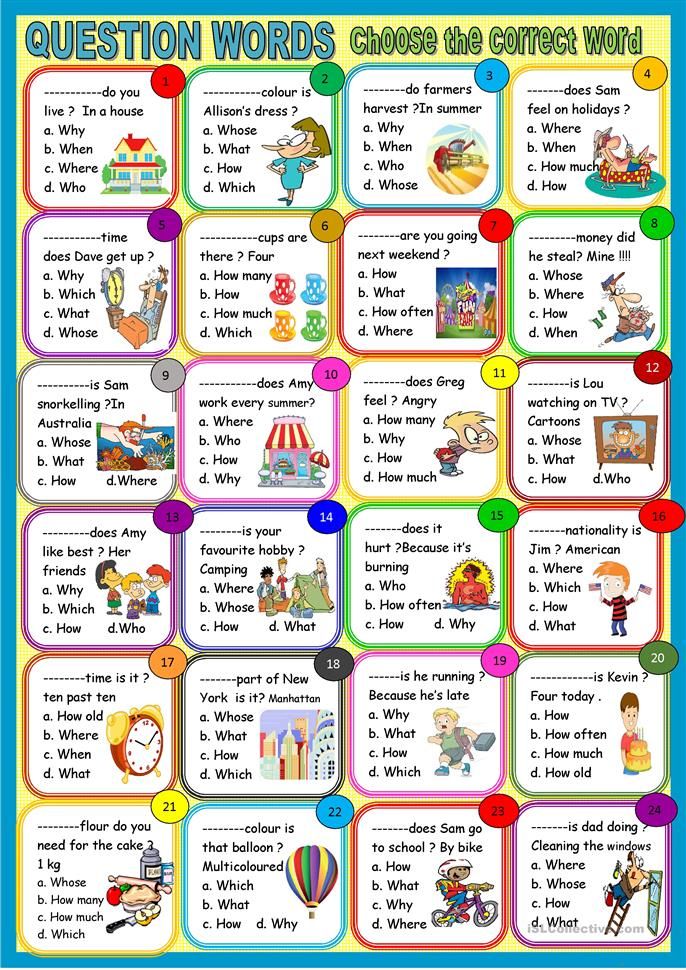
| What kind of paper likes music? What do the poor have that the rich don't want? Why are you eating those electric bulbs? I tried to catch some fog. Why do cows have bells? I wondered why the ball was getting bigger. I'm reading a book about anti-gravity. I've been to the dentist many times. | I mist. Wrapping paper. Nothing. It's impossible to put down. Because I'm having a light lunch. So I know the drill. Because their horns don't work. Then it hit me. |
The test is not available for mobile devices.
The test is not available for mobile devices.
If you find an error, please highlight the text and press Ctrl+Enter .
Wordplay and jokes in English
Have you ever heard unflattering remarks about subtle English humor? Has it ever happened that you couldn't fully understand the lyrics of a song? Have you ever had difficulty understanding "real English" poetry? Surely yes! All this is due to a technique favored by English-speaking poets, writers and comedians - a pun (pun).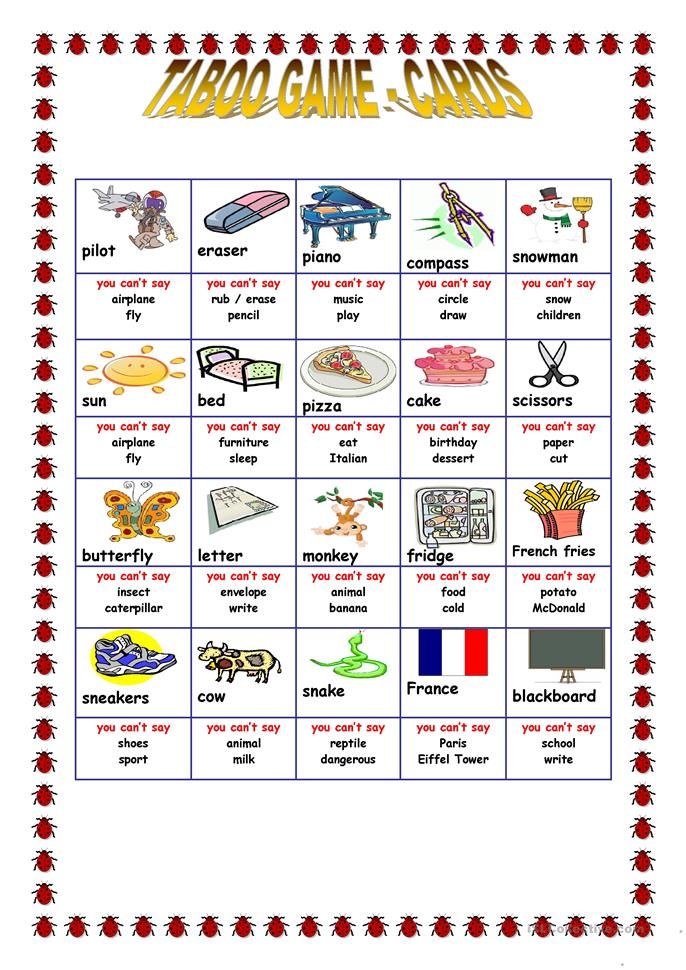
A pun is, simply put, a play on words, most often built on ambiguity or homonymity in English. Every second word in English has from two to 330 meanings. Fertile ground for word games, right?
Can fish fish a fish in a fish can?
Can a fish catch fish in a fish can?
Puns as a popular literary trope are constantly being studied and classified. Most often, wordplay uses compound puns, as well as jokes based on homophones and homonyms.
- Homophonic puns. Homophones
In such puns, words sound the same (pronunciation depends on the dialect), but are spelled differently and have almost opposite meanings. For example, fine, depending on the context, can be translated both as “good, excellent, excellent”, and as “bad”.
| ate (ate) | eight (eight) |
| bait | bate (anger) |
| made | maid (maid) |
| peace | piece |
| aid | aid (assistant) |
| click | clique |
| complement | compliment (compliment) |
| dear | deer (deer) |
| ware | wear (clothing, wear) | where (where) |
| carat | carrot (carrot) | caret (insert) |
| vain | vane (vane) | vein |
| cite | sight | site (place) |
| heal | heel (heel) | hell |
| raise | rays (beams) | raze (demolish) |
Board of Education – Bored of education
Ministry of Education - tired of learning
- Homonymic puns.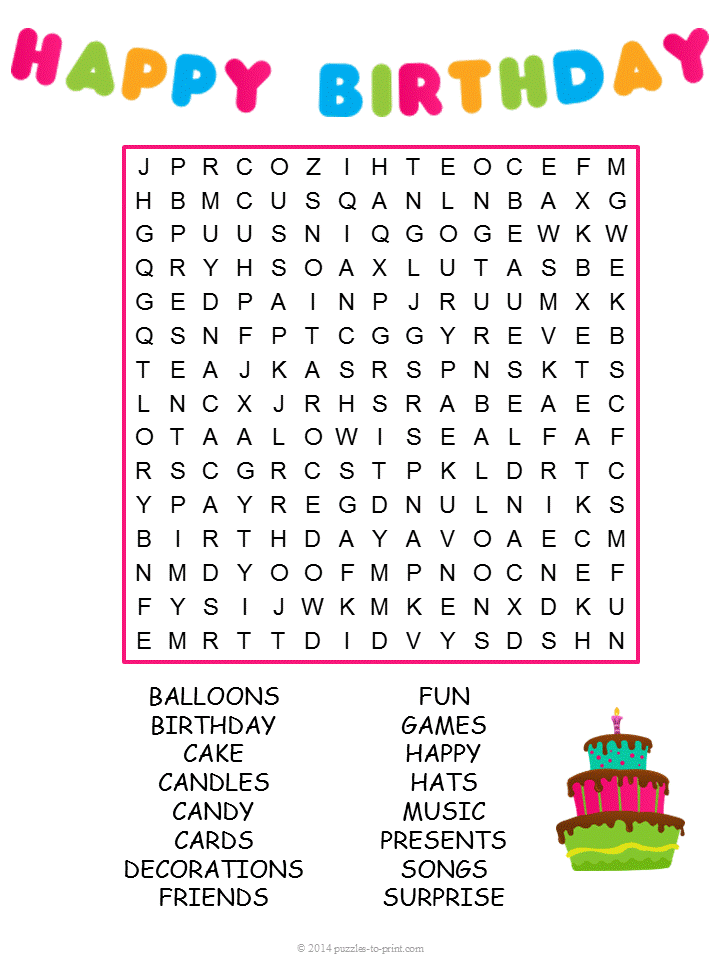 Homonyms
Homonyms
Words that sound and are spelled the same, but differ from each other in meaning, play a key role in homonymous puns.
| can | can (modal verb) |
| flat | flat |
| lead (lead) | lead |
| arm (weapon) | arm (arm) |
| sound (healthy) | sound (sound) |
Why is history the sweetest lesson? Because it's full of dates.
Date - date and date
- Compound puns. Compound pun
Compound puns are based on homonyms, homophones, and so on.
— What’s the difference between a schoolmaster and an engine-driver?
One trains the mind, the other minds the train.
— What is the difference between a teacher and a machinist?
- One trains the mind, the other controls the train.